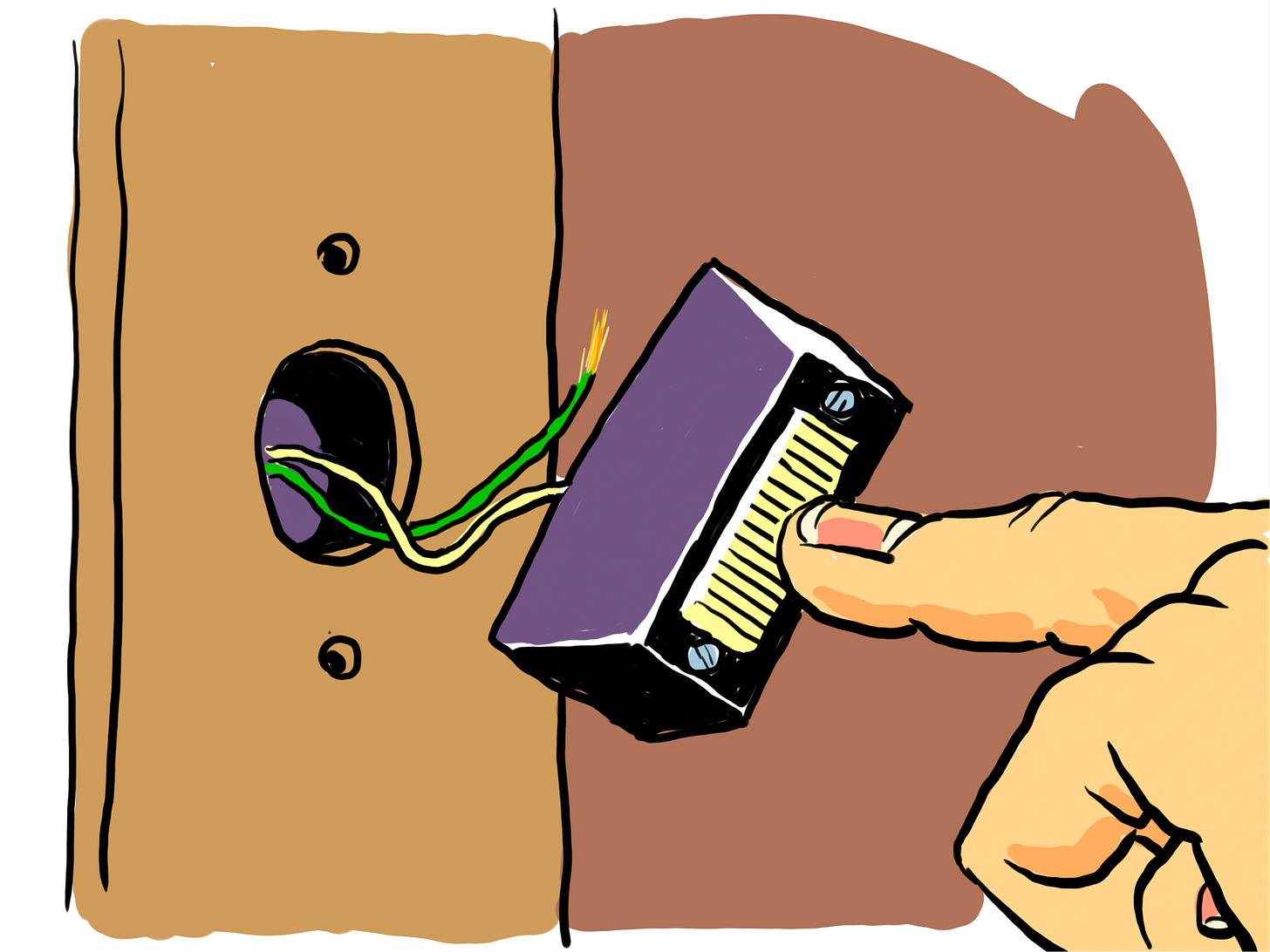A dangling participle is perhaps the poorliest-named1 hilarious grammar mistake. If you want people to know what something is, you have to sell it. I don't have time to put my marketing skills on that task, so I'll explain what it is.
A participle is a verb form that can be used as a noun or an adjective. There are two: the present participle and the past participle. The present participle of go is going. The past participle of go is gone. You use participles to form tenses like the present progressive (we are going) or the past perfect (we had gone). Online Etymology Dictionary says that participle comes from the Latin participium (sharing) and means a verb sharing the function of a noun or adjective. A gerund is what you call a participle acting as a noun: in the sentence Going is the thing to do, going is the subject.2
Regardless of its status as a participle, a verb has its habits. Verbs look for nouns to cling to. If I say Writing this blog post, I researched a few things, the main subject and verb in the sentence are I and researched. The participle writing looks for a noun too, and finds I, which is correct. I was writing this blog post, and I researched a few things.
That's how you use a participial phrase. It lets you give the subject of a sentence more than one thing to do. You could also say something like I researched a few things while writing this blog post, of course, but a participial phrase is useful for shifting the emphasis of the sentence or accommodating additional content. It would be awkward to rewrite the following without a participial phrase: Writing this blog post, I researched a few things and found myself lost in etymology, where I often end up lately, to my delight.
To dangle is to hang loosely, probably from the Scandinavian. What makes a participle dangle is when it tries to find a verb to attach itself to, and fails. Writing this blog post, I researched is fine because writing finds the right subject. If I say Writing this blog post, the doorbell rang, you know what I meant—but who is writing this blog post? The doorbell? It's even more insidious to write something like Writing this blog post, there was a knock at the door. Because the main subject and verb are an expletive, it's not clear who is doing anything—writing, knocking, fixing the broken doorbell.
Using a participial phrase,3 you can add context to a complicated sentence.4 Here's an example: Spoken by many people around the world, English is a language that borrows from others to become a beautiful mess, a language of lyrics and poetry, the language of computer programming, and the lingua franca5 of international aeronautics. That sentence, essentially English is X, Y, and Z, would work fine without the participial phrase, but it's the participial phrase that tells you why English is X, Y, and Z.
Back in April, the robots came up with the meaningless term drooping participle (see Will Machines Take Over Writing?) and I swore I'd come up with a meaning for it. Here goes. A drooping participle is a participle that technically isn't dangling, but is awkward nonetheless. Example: Spoken by many people around the world, English is a language.
Poorly-namedest? Poorestly named?
And the thing to do is a predicate nominative.
Seeing what I did there, you chuckle to yourself.
It's often better not to write complicated sentences, but when ya gotta, ya gotta.
Finally!




